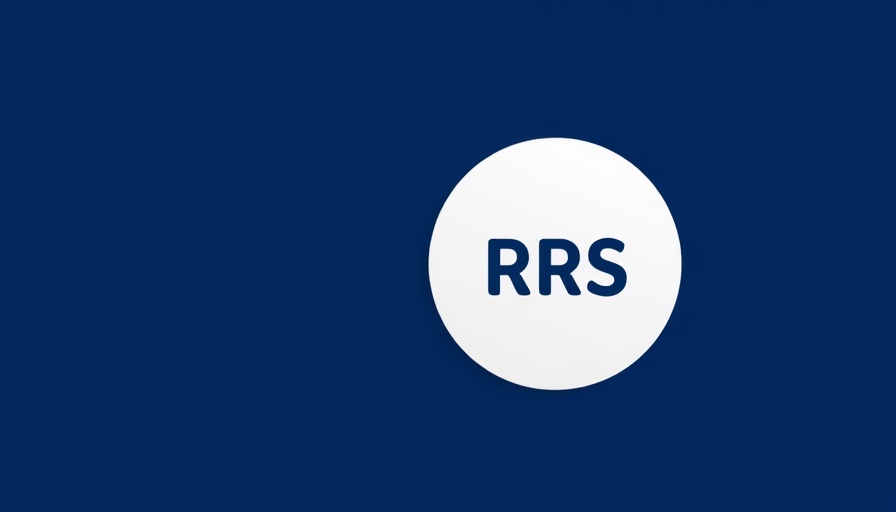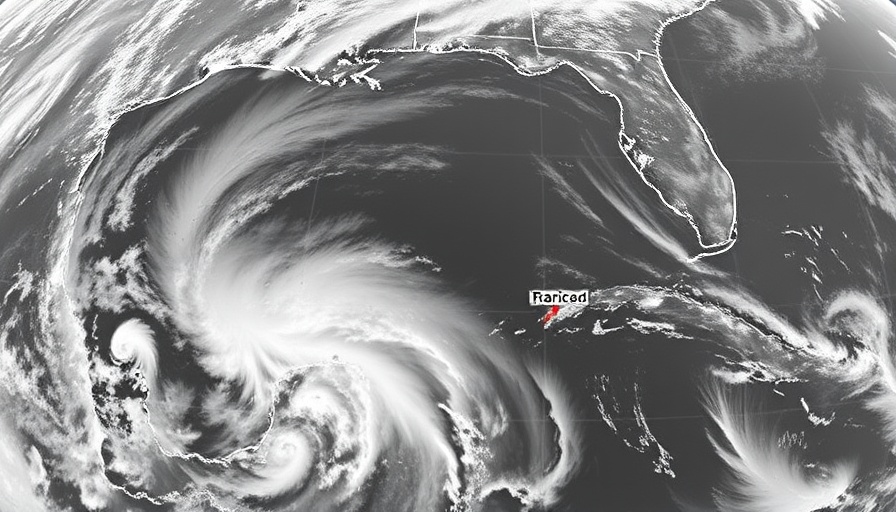
Florida's Wild Pet Laws: A Glimpse Into the Unusual
In the Sunshine State, the regulations surrounding pet ownership are as diverse as the wildlife that calls Florida home. State law permits residents to keep an array of exotic animals, including the infamous cassowary, often referred to as the world's most dangerous bird. This bird, native to Australia and New Guinea, is known for its powerful legs and sharp claws capable of inflicting serious injuries. Yet, it has found its way into the homes of Floridians, complicated by a series of legalities and considerations.
The Cassowary: Not Your Average Pet
With striking blue skin and striking yellow wattles, cassowaries are captivating creatures. However, potential owners should think twice before welcoming one into their lives. These birds are not domesticated—they are inherently wild and can display aggressive behavior. Understanding the nature of these beasts is crucial for any prospective pet owner. Unlike dogs or cats, cassowaries require a significant amount of space, a specialized diet, and an understanding of their behavioral needs, which can be daunting for the average pet enthusiast.
Legal Restrictions and Responsibilities
The rules for owning exotic pets vary widely across Florida, often contingent on the species in question. While the cassowary may be legal to own, it necessitates a special permit and adherence to specific guidelines, including safety protocols to protect both the owner and the public. Owners must also ensure an appropriate enclosure and fit into the state’s animal welfare standards. Florida’s laws exist to ensure that while residents have the freedom to keep unique pets, they also have a significant responsibility to manage them safely.
Public Concerns: Safety First
The potential dangers associated with owning a cassowary have raised concerns among community members and wildlife advocates. Animal rights organizations often emphasize the need for responsible pet ownership. How does society balance individual freedoms with public safety? The introduction of potentially dangerous animals into communities may provoke discussions about legislation that governs not only the acquisition of such pets but also the repercussions when things go awry. Instances of injuries or perceived threats could lead to increased scrutiny from lawmakers.
Future of Exotic Pets in Florida
As Florida continues to embrace its diverse ecosystem, the future of exotic pet ownership remains uncertain. Current trends suggest a rise in interest for unique animals, but with that comes a need for increased educational programs on safe pet ownership and wildlife interactions. Experts predict that regulations may evolve, recognizing both the joy and responsibility of pet ownership while ensuring species’ conservation and public safety.
A Growing Number of Exotic Animals
Aside from the cassowary, Florida allows the ownership of other exotic birds, reptiles, and even large mammals. This existence of a vibrant exotic pet culture presents both challenges and opportunities. A report once indicated a notable increase in the number of households opting for unusual pets, raising the need for better education and awareness about animal welfare and environmental impact.
Concluding Thoughts
As the debate surrounding the ownership of exotic animals continues, it ultimately brings to light the balance between fascination and responsibility. Potential owners of species like the cassowary must approach ownership with a blend of enthusiasm and caution, recognizing the complexities involved. With knowledge and adherence to the laws, it is possible to responsibly enjoy the companionship of exotic pets while fostering a safe environment for them in our communities. This conversation is vital in shaping future legislation and ensuring that Florida remains a haven for both its residents and the wildlife they wish to keep.
 Add Row
Add Row  Add
Add 



Write A Comment